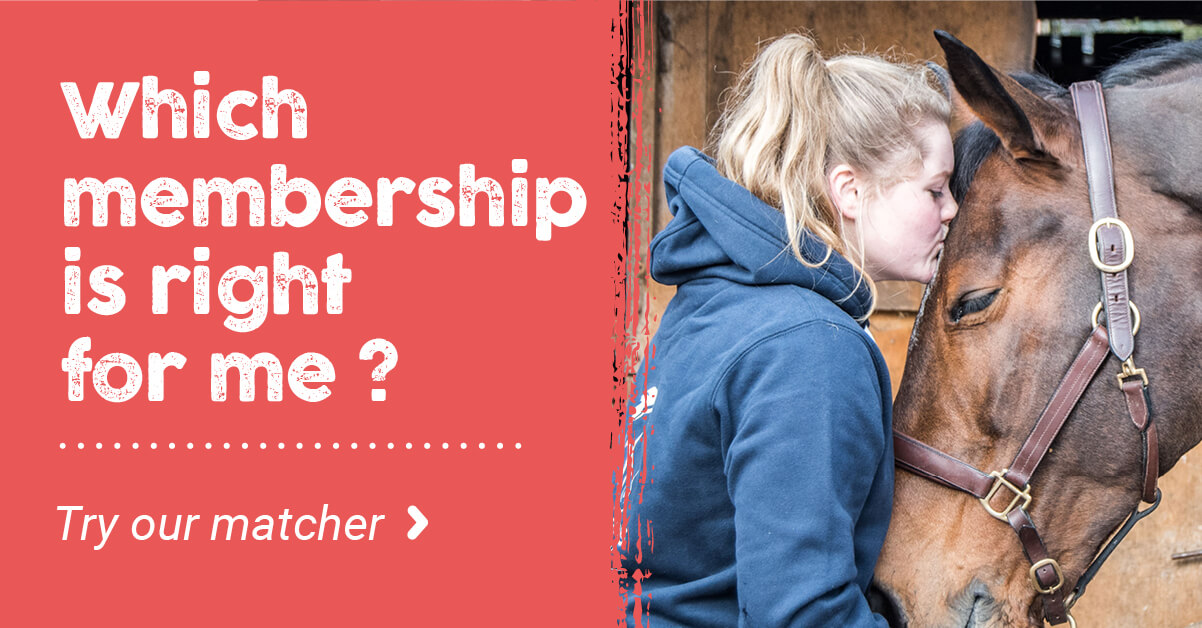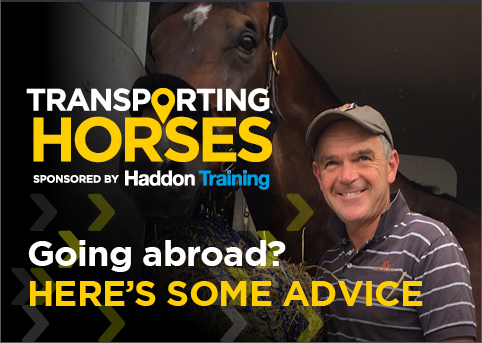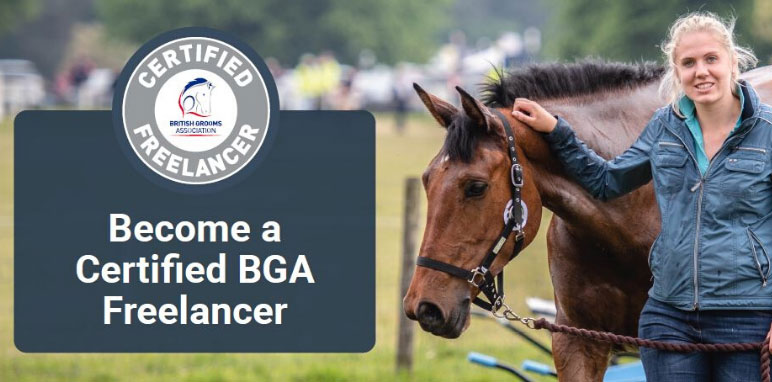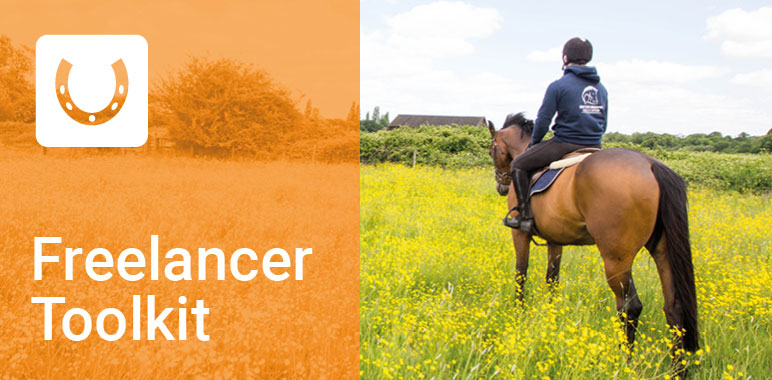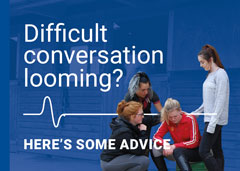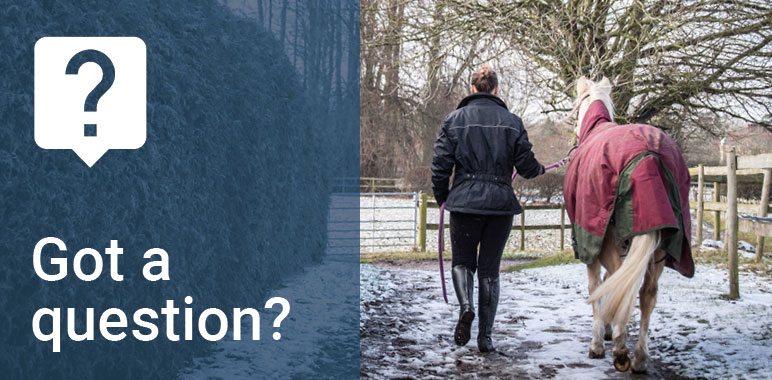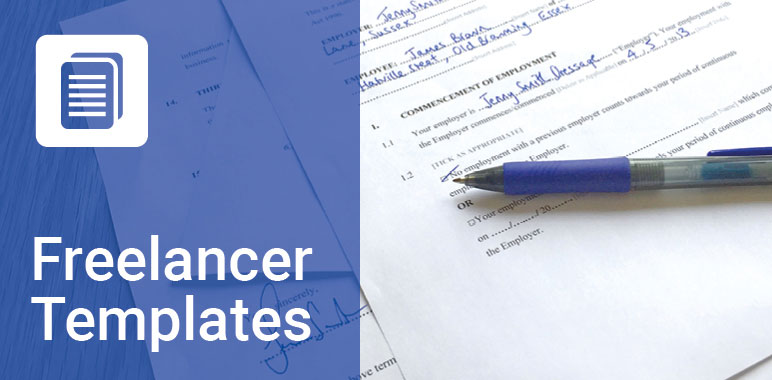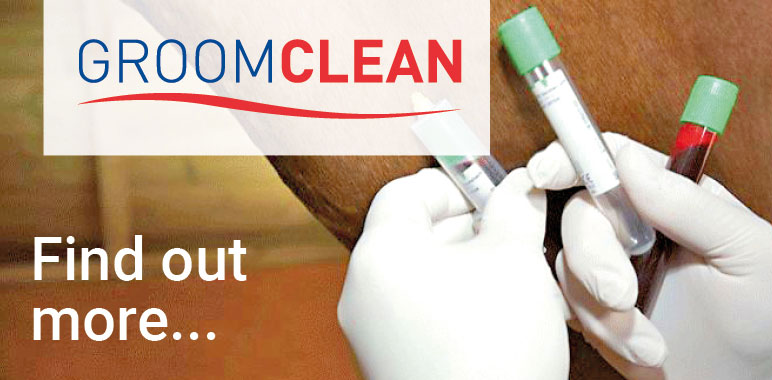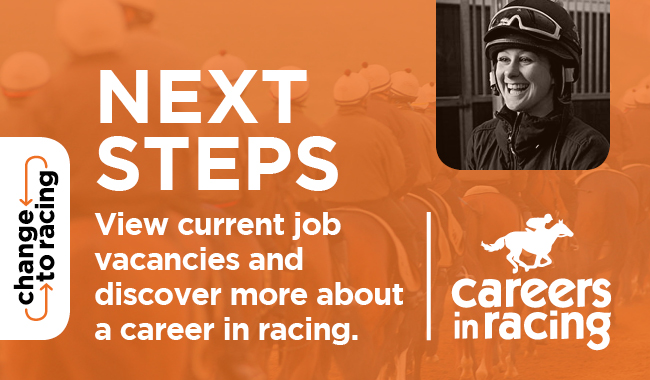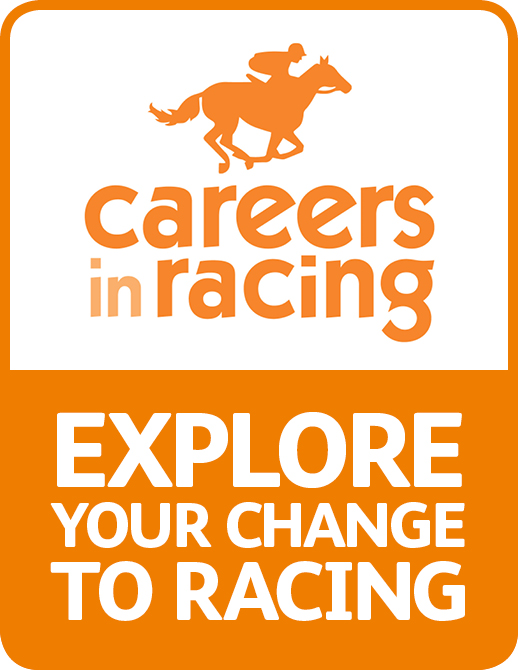- Join Now
- Login
- Member Zone
- Your Career
- Freelancing
- International Grooms Association
- BGA Training
- Healthy Yard Healthy Horses
- Transporting horses
- Brexit
- Safe workplace
- Student Zone
- Member Discounts
- BG Magazine
- Member services
- Training & Careers
- BGA CV Creator
- Horse groom training
- Where to Train
- BGA E Learning
- Career choices
- Change to Racing
- First Aid training for grooms
- Parents
- Grooms Jobs
- Grooms Life
- About
- News
- Contact

THE RACING EMPLOYMENT PACKAGE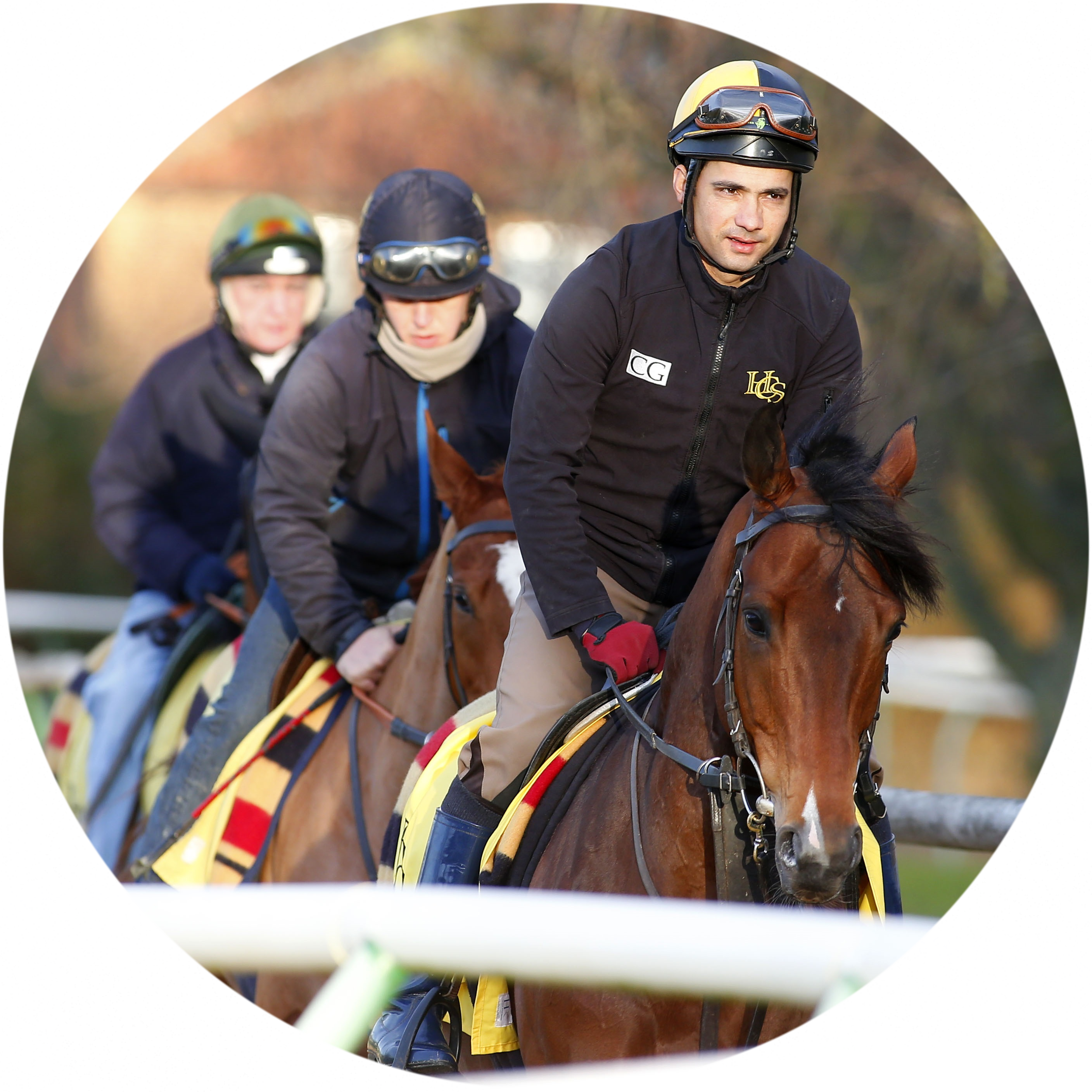
The racing industry is more progressive than the general/competition sector in terms of its employment of grooms.
This is good news for you if you decide to make the change.
If you are working with horses as a racing groom in a racehorse trainers yard, you will be protected by many of the agreements that are in place by way of the Trainer's License, issued by the British Horseracing Authority.
WELCOME TO WORKING IN RACING
Take a look at the benefits of working in the racing industry in the Welcome to the Racing Industry video:
WORKING IN BREEDING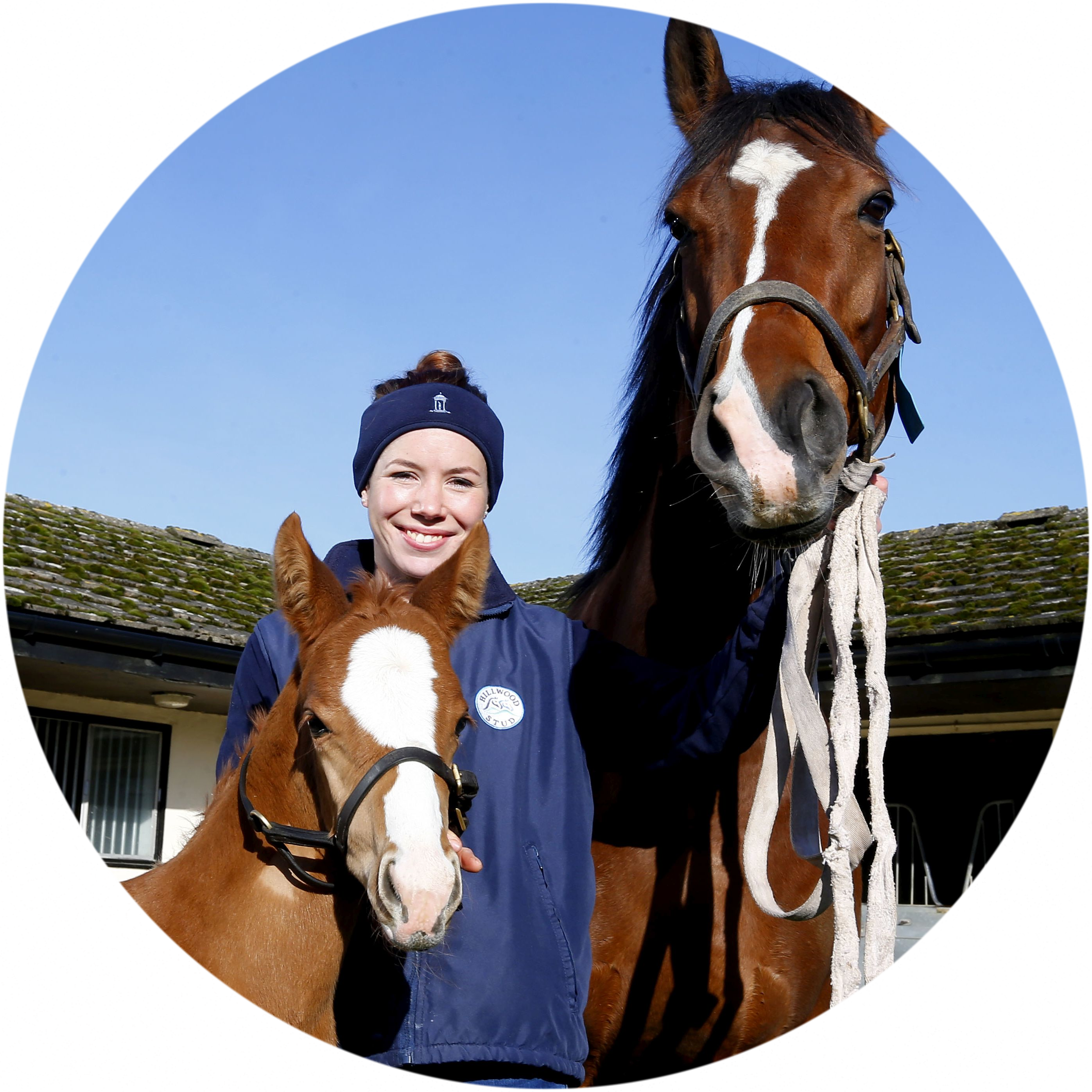
The breeding industry, whilst not regulated in the same way under a license, also looks to provide excellent employment practices.
The Thoroughbred Breeders Association is the official body.
If you work in thoroughbred breeding and sales preparation, you are eligible to use the services of Racing Welfare.

The staff union, the National Association of Racing Staff (NARS), supports racing staff.
It works closely with the employers National Trainers Federation (NTF) to agree terms, annually - it is called the Memorandum of Agreement (MOA).
As a member of stable staff, you will be automatically joined to NARS.
They will act on your behalf if you have a dispute with your employer, and have a comprehensive website and App which offers help and advice on all employment matters.
The agreed package
Some of the key aspects of employment that are discussed and agree upon are:
What the personal accident policy covers you for:
- Whilst at work
- All stable duties – mucking out, grooming, washing off, turning out
- Clipping
- Riding – including hacking and jumping
- Hunting
- Lunging
- Breaking in
- Holding horse for a vet and other procedures
- Travelling horses both in the UK and abroad
- Competing in line with your job including: jumping, dressage, eventing
- Injuries that may happen to you whilst you are teaching - but you must also be grooming as part of your duties and not be a sole instructor
What the personal accident policy doesn’t cover you for:
- Riding in a race, point to point or team chase
- Stunt Riding
- Accidents occurring whilst travelling to and from work
- Riding and competing your own horse (but you can upgrade when applying for membership to include this)
- Public Liability – this is a separate insurance policy - the Freelance Groom Liability Insurance
- Care Custody and Control – this is a separate policy - the Freelance Groom Liability Insurance
If you require additional cover then please contact KBIS directly.
| GROOM | RIDER | EMPLOYER | |
|
When you are working for other people you do most of the following; muck out, turn out/catch in, tack up, groom horses, exercise Horses (including hacking, jumping and schooling), in the care of your employer/client. |
|
|
|
| Predominantly ride horses for other people including schooling, exercising and competing. | NO |
YES |
YES |
| Provide grooming services for someone else either full time or on a freelance basis i.e. an employer or a client. | YES |
NO |
NO |
| Employ staff – have an employers liability policy in your name | NO | NO | YES |
| Buy and sell horses | NO | YES | YES |


